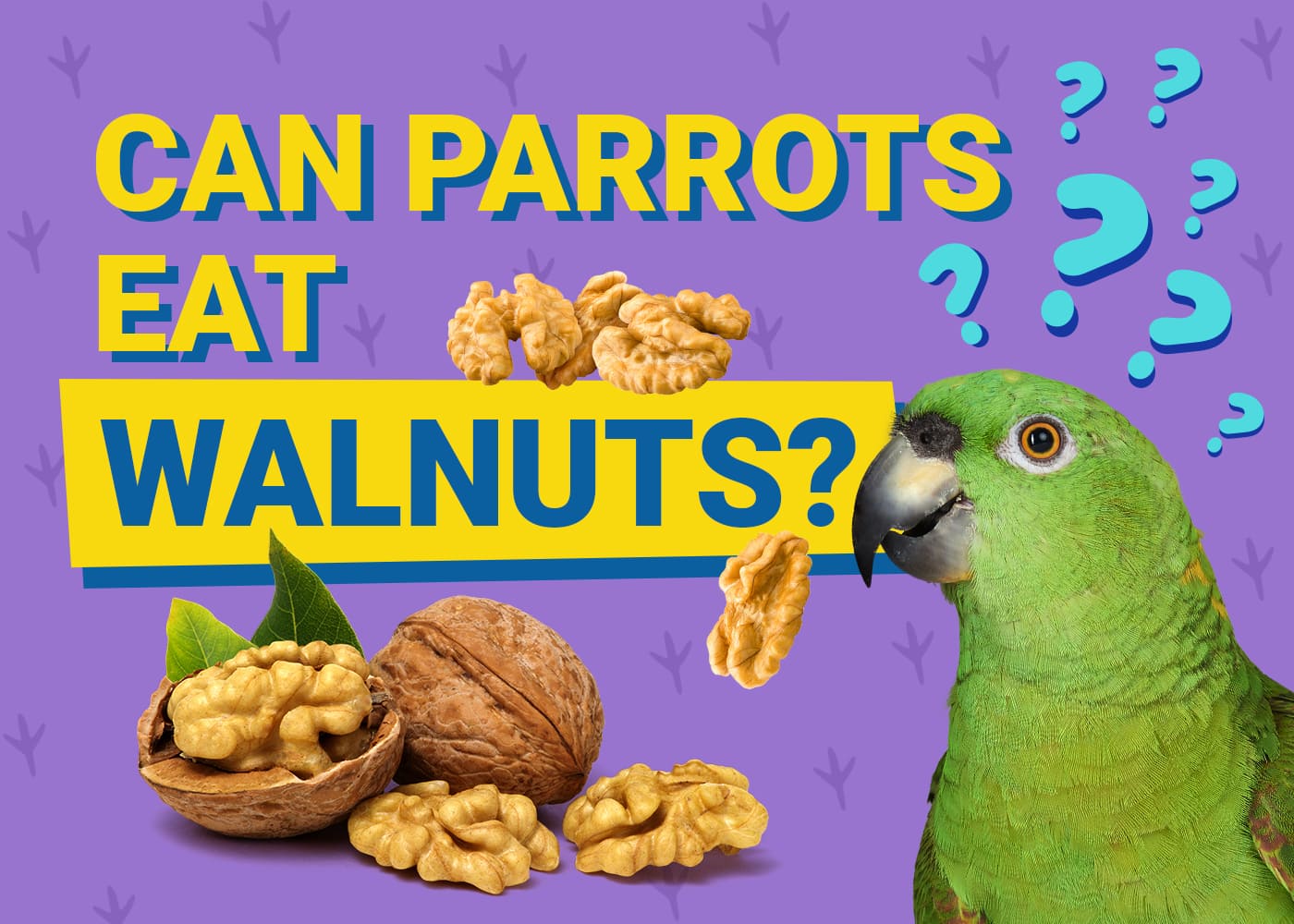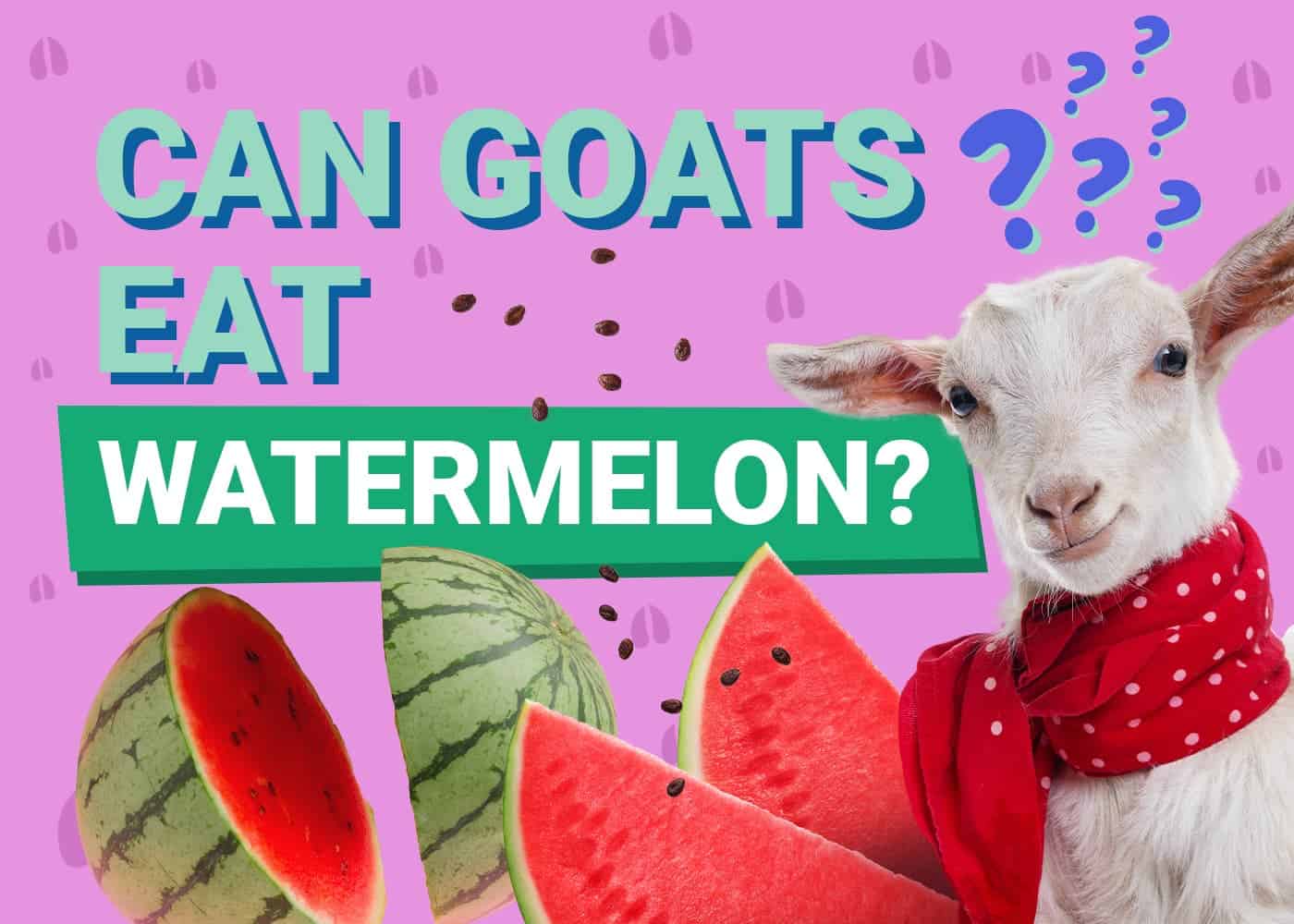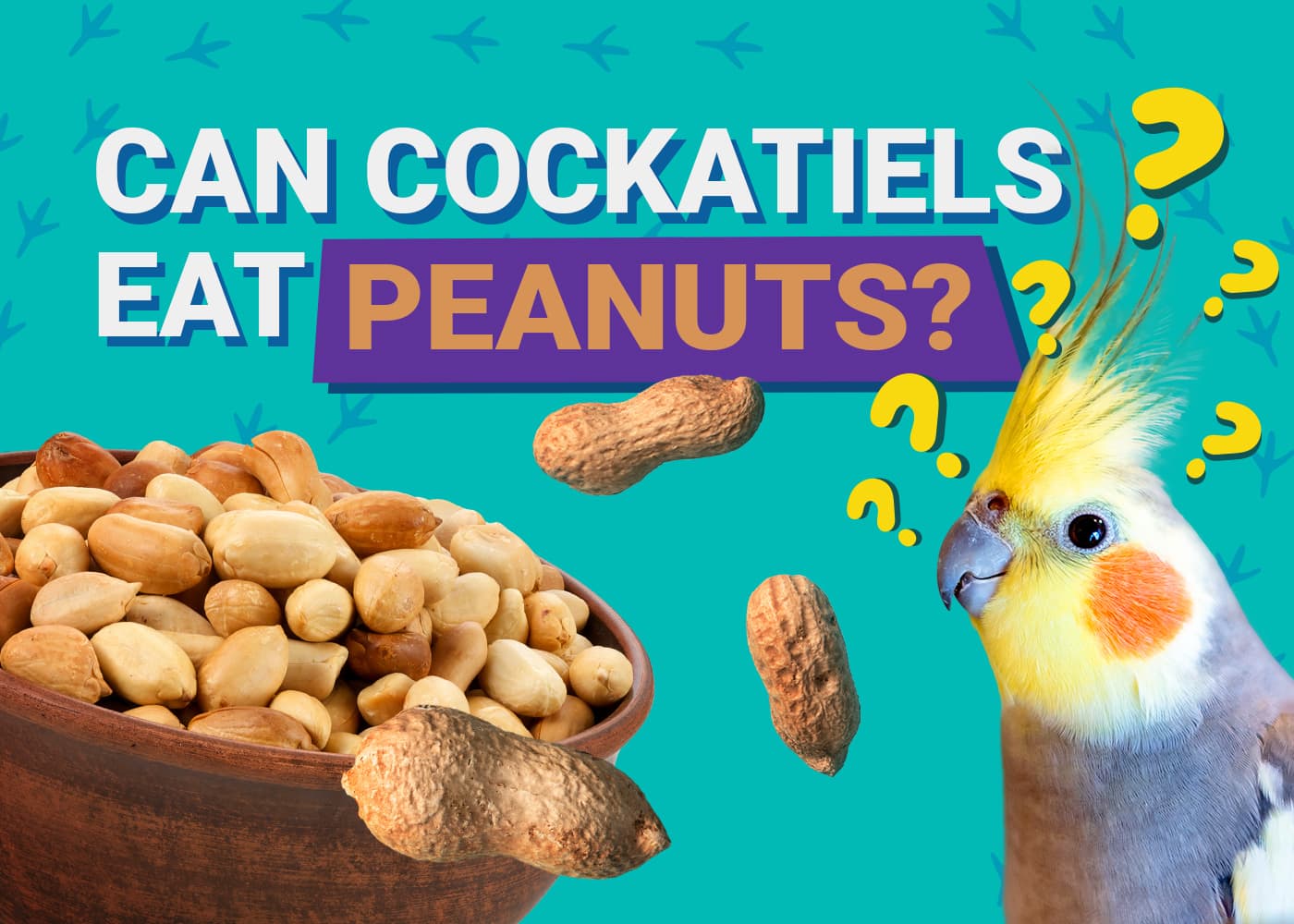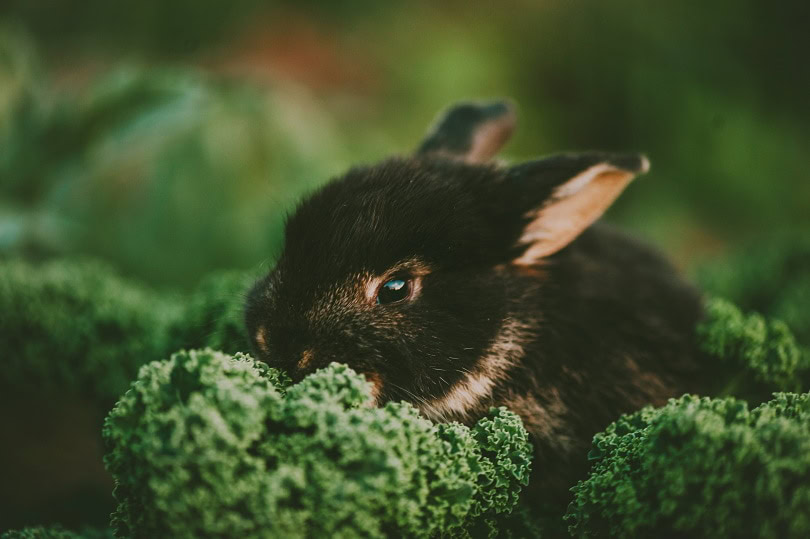VET APPROVED

The information is current and up-to-date in accordance with the latest veterinarian research.
Learn more »Click to Skip Ahead
There are few things more entertaining than watching your parrot chow down on a yummy snack, but you need to take the time to track down and feed them the right things. So, where do walnuts and other tasty snacks fit into the mix?
For starters, if you’re thinking of feeding walnuts to your parrot, then yes, you can feed your parrot walnuts — as long as there isn’t any salt or other flavorings on the walnuts— as long as there isn’t any salt or other flavorings on the walnuts! We break down everything that you need to know here.

Why Walnuts Are Good for Parrots
Not only are nuts an excellent food source for your parrot, but they’re also a natural food source for some parrot species. Large parrots (such as macaws) feed on nuts in the wild, so feeding them nuts at home is an excellent way to replicate a more natural diet.
Walnuts contain around 70% fat, but they also contain a respectable amount of protein 1. Their high-fat content renders them very energy-dense. Though a favorite for many pet parrots, this also means that they should be offered to your pet in moderation, as pet parrots do not do well on high-fat diets.
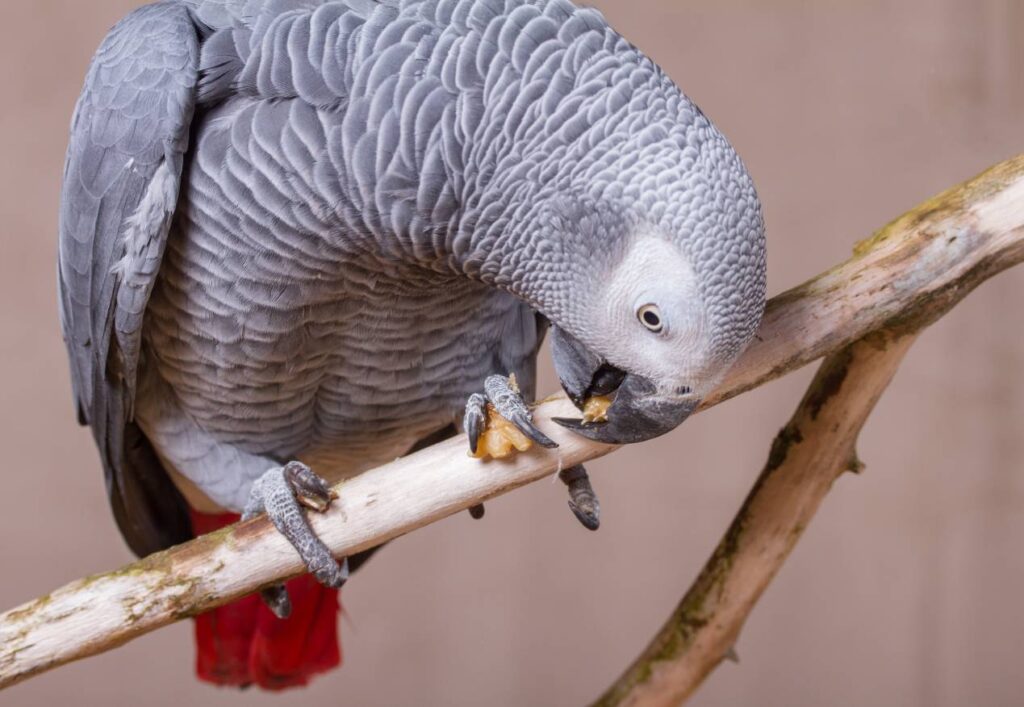
What Nuts Can Parrots Not Eat?
Anytime that a nut has flavorings, such as salt, on them, you shouldn’t give them to your parrot. While the nuts themselves are fine for your parrot, the seasonings and flavorings on the nuts can be extremely toxic.
This is common with nuts like pistachios and peanuts, as manufacturers add salt and other ingredients to enhance the flavor. But as a rule, most completely natural nuts are perfectly fine for your parrot in moderation. Caution is advised with peanuts; though not toxic, their shells often contain mold which can be detrimental to a parrot’s health. In addition, please do note that the horse chestnut (Aesculus spp.) is toxic for parrots.
The precise safety of each nut you wish to incorporate into your pet parrot’s diet will depend on the nut, your pet’s species, and their unique needs as an individual. As such, we do recommend reaching out to an avian veterinarian prior to incorporating any nut into their diet.
The 5 Other Foods to Avoid
While walnuts are fine for your parrot, that doesn’t mean there aren’t other foods that you need to avoid. Here, we highlighted five of the most common foods that people should not give their parrots.
1. Avocado
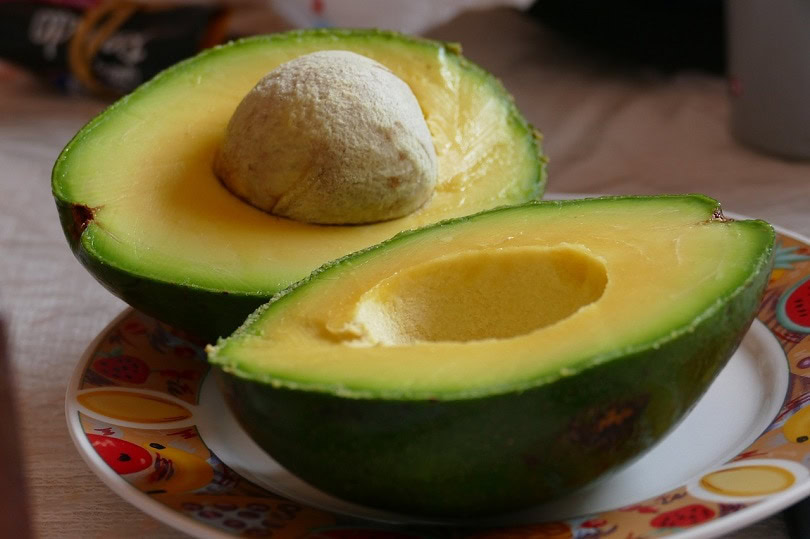
While fruits and veggies are great for your bird, you need to avoid giving them any avocado. Every part of the avocado is extremely toxic for your bird, so don’t pass them the guacamole.
2. Dairy Products
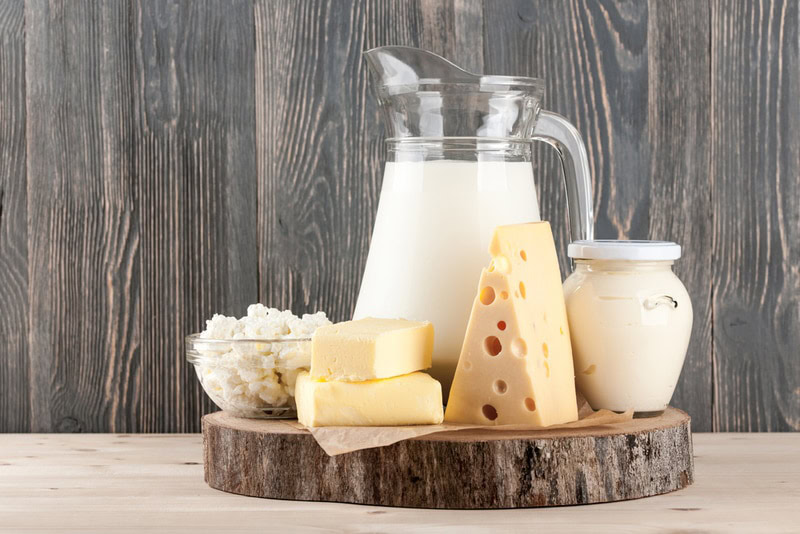
Birds aren’t mammals, which means they don’t have any of the necessary enzymes to break down dairy products. Parrots are incredibly lactose-intolerant, so feeding them dairy products can spell disaster.
While dairy likely won’t kill them, it will create severe gastrointestinal distress and make cleanup messier.
3. Chocolate
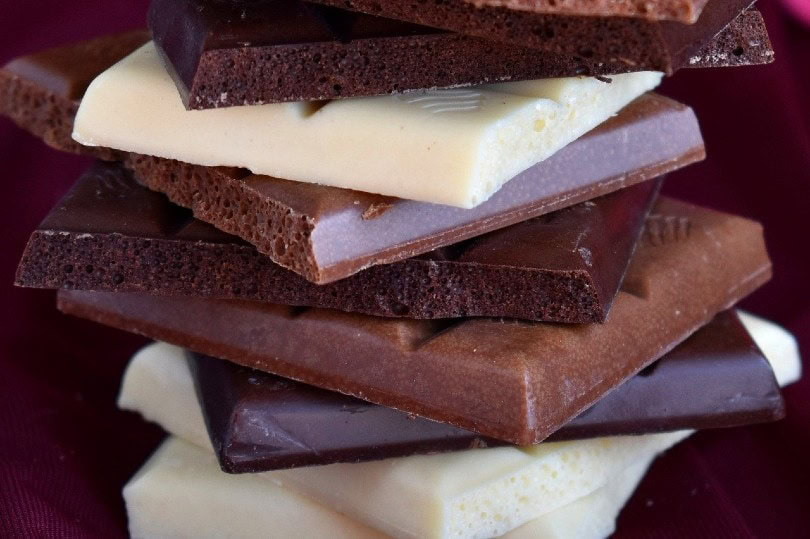
While most people know not to give pets chocolate, the truth is that even a small amount of chocolate can be fatal for your bird. Darker variants of chocolate are more toxic than milk chocolate; however, all chocolate is toxic for parrots.
4. Xylitol
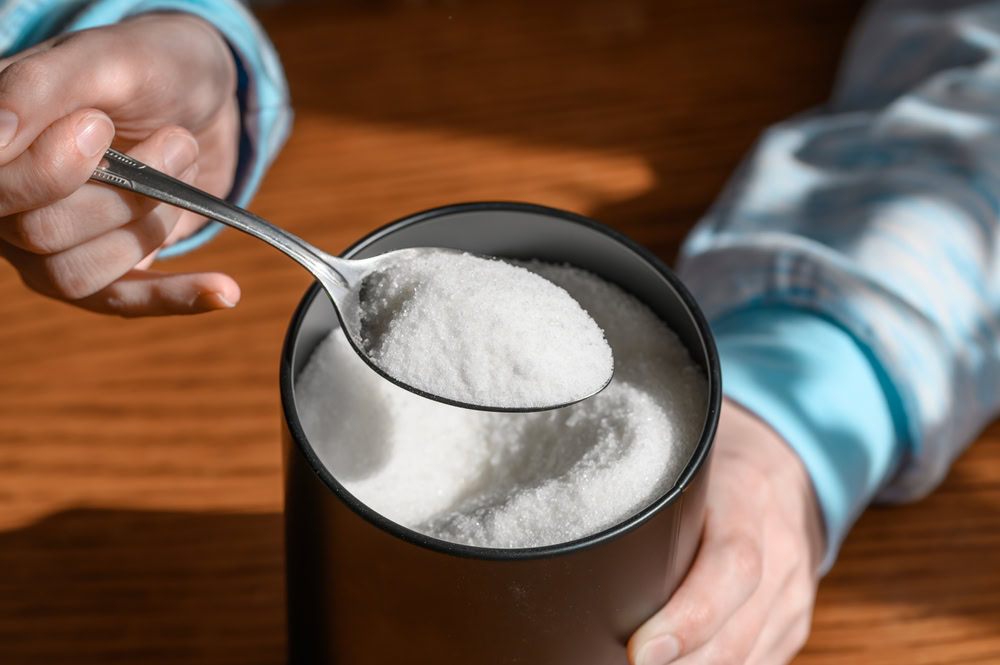
Xylitol, which is often incorporated into foods as a sweetener, is toxic for parrots. As such, you shouldn’t offer your parrot any food with xylitol in it.
5. Caffeine
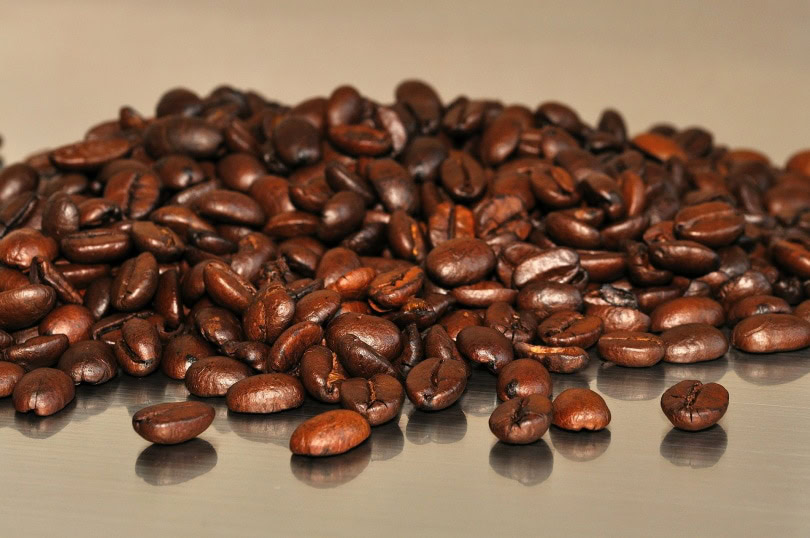
Caffeine is another common food found in most households which is toxic for parrots. As such, you should not offer them any caffeinated beverages. In addition, energy drinks and sports drinks are also considered toxic for parrots.

Parrot Nutrition – The Basics
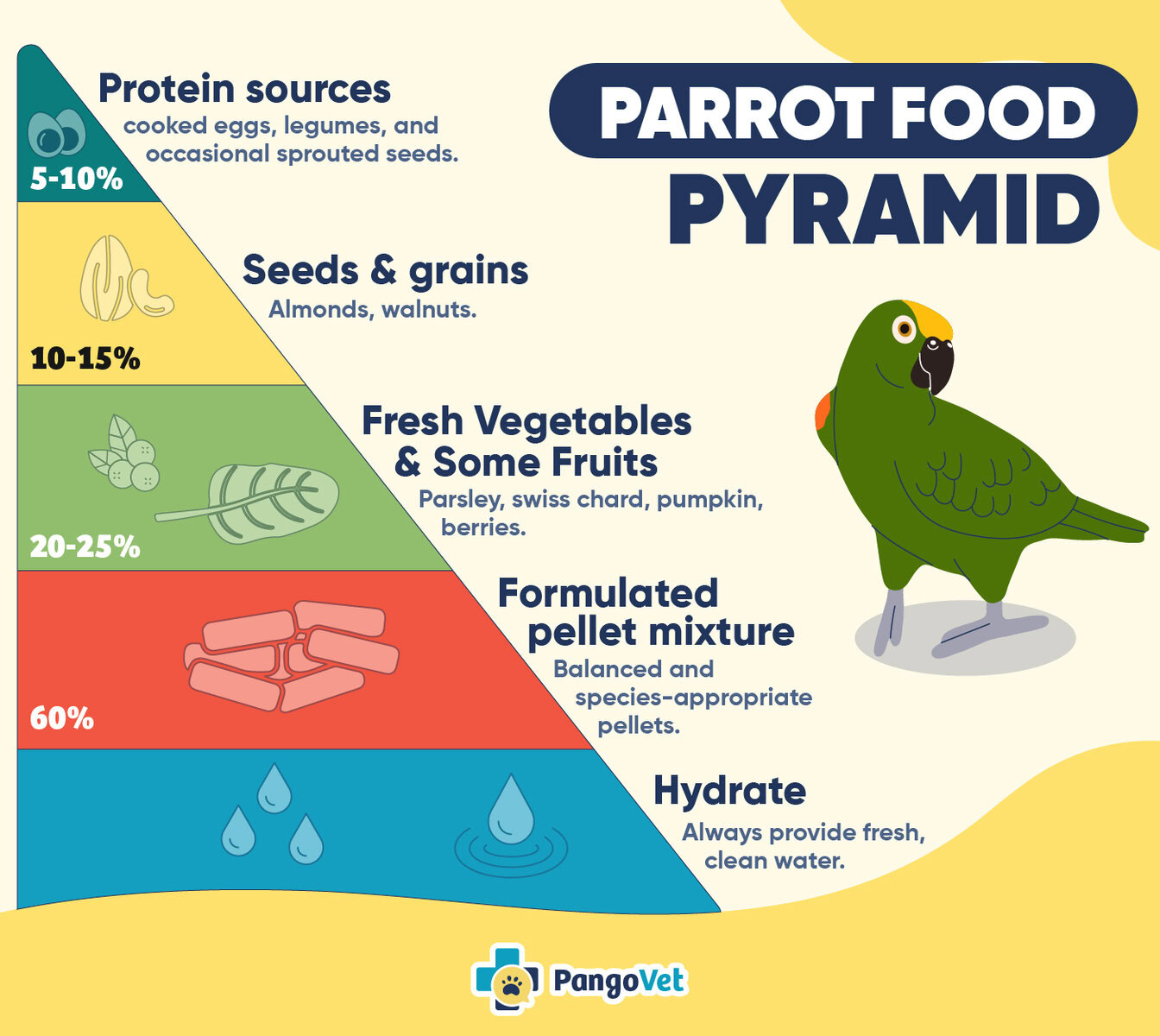
The nutrition of pet parrots is somewhat complex. Contrary to popular belief, they should not be offered a diet that a wild parrot of the same species would eat. This is because a pet parrot receives far less exercise than a wild parrot does. As such, they cannot remain healthy on the high-energy diets of their wild counterparts.
Though individual needs definitely vary and are something you should discuss with your veterinarian, the following image serves as a general guide for a healthy adult pet parrot.

Final Thoughts
In general, walnuts are fine for most parrots, as long as they’re given in moderation. Always remember before introducing any new food to your parrot, it’s best to do your research and ensure that it’s safe. Make sure you discuss your parrot’s nutritional needs with a vet prior to adding any food item into their diet. While parrots can eat many things, there are definitely foods out there that can hurt your parrot if you are not careful.
Still, give your parrot a varied diet, and they’ll be super appreciative. Just be sure to check each food before giving it to them!
You may also want to find out:
Featured Image Credit: Dompr, Shutterstock
